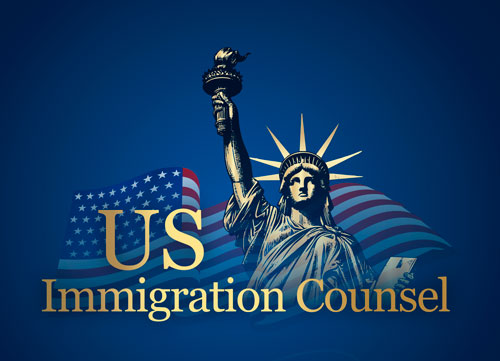Non-Immigrant Visa Extensions and Changes of Status
Foreign nationals in the United States on non-immigrant visas may be eligible to extend their stay or switch to another non-immigrant status. These options, known as Extension of Status (EOS) and Change of Status (COS), allow qualified individuals to remain in the U.S. legally beyond their original visa expiration or to pursue new opportunities under a different visa classification.
Extension of Status (EOS)
An extension of status is available to individuals who wish to prolong their stay in the U.S. under the same non-immigrant classification. This applies to various temporary visa categories, including H-1B, L-1, E-1, E-2, and others. For employment-based visas, the employer (petitioner) must file the extension request before the visa expires.
Accompanying dependents on derivative visas, such as H-4 or L-2, may also request extensions to align with the principal applicant’s approved duration.
USCIS evaluates each EOS request on a case-by-case basis. While prior approvals are considered, they do not guarantee future approvals. Officers generally defer to earlier determinations when the parties and facts remain unchanged, but any deviation from the previous decision must be well supported and justified in the new application.
Change of Status (COS)
Change of status allows individuals to transition from one non-immigrant visa category to another without leaving the U.S., as long as they have maintained lawful status and meet all eligibility requirements for the new classification.
This option is commonly used by foreign nationals who wish to:
-
Switch from a tourist visa to a student visa
-
Move from an F-1 student visa to a work visa like H-1B
-
Change from L-1 intracompany transferee to another work or business category
However, not all visa holders are eligible for COS. You cannot change status if you entered the U.S. under:
-
The Visa Waiver Program
-
D visas (crew members)
-
C visas (transit)
-
TWOV (transit without visa)
-
K visas (fiancé or dependent of fiancé)
-
S visas (informants and family)
Additionally, M-1 vocational students cannot change status to F-1 or most H categories if their training contributed to the qualifications for the role they seek.
Special Rules for J-1 Visa Holders
J-1 visa holders face restrictions when applying for a change of status. If they participated in graduate medical training or are subject to the two-year foreign residency requirement, they must first obtain a waiver before they can apply to change status. Without the waiver, they may only qualify for specific visas like A (diplomatic) or G (international organization representatives).
Get Help Navigating EOS or COS
The rules surrounding extensions and changes of status can be complex, especially when dealing with overlapping timelines, prior violations, or visa-specific limitations. If you’re currently in the U.S. and want to extend your stay or adjust your non-immigrant classification, working with experienced immigration counsel can improve your chances of a successful outcome.
Our legal team can assess your eligibility and assist you in preparing and submitting the appropriate application to USCIS.

